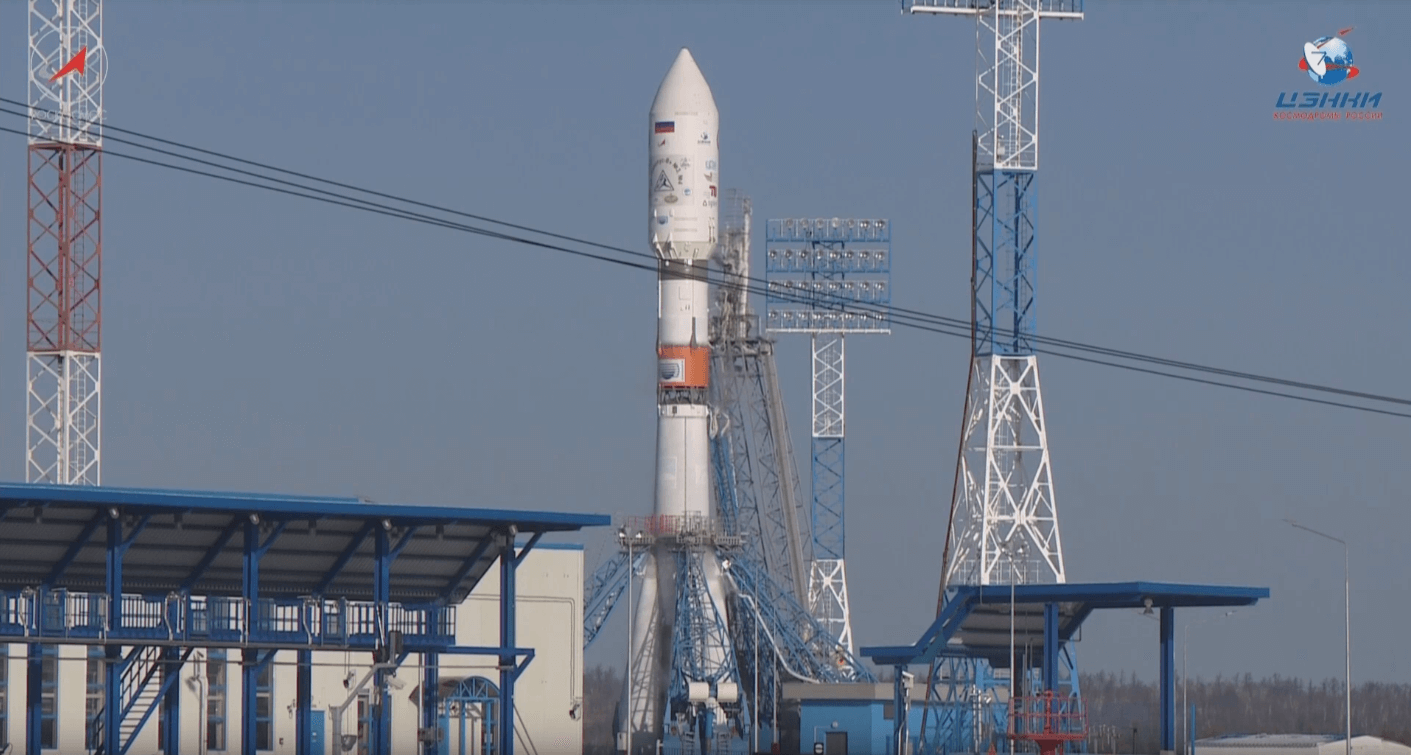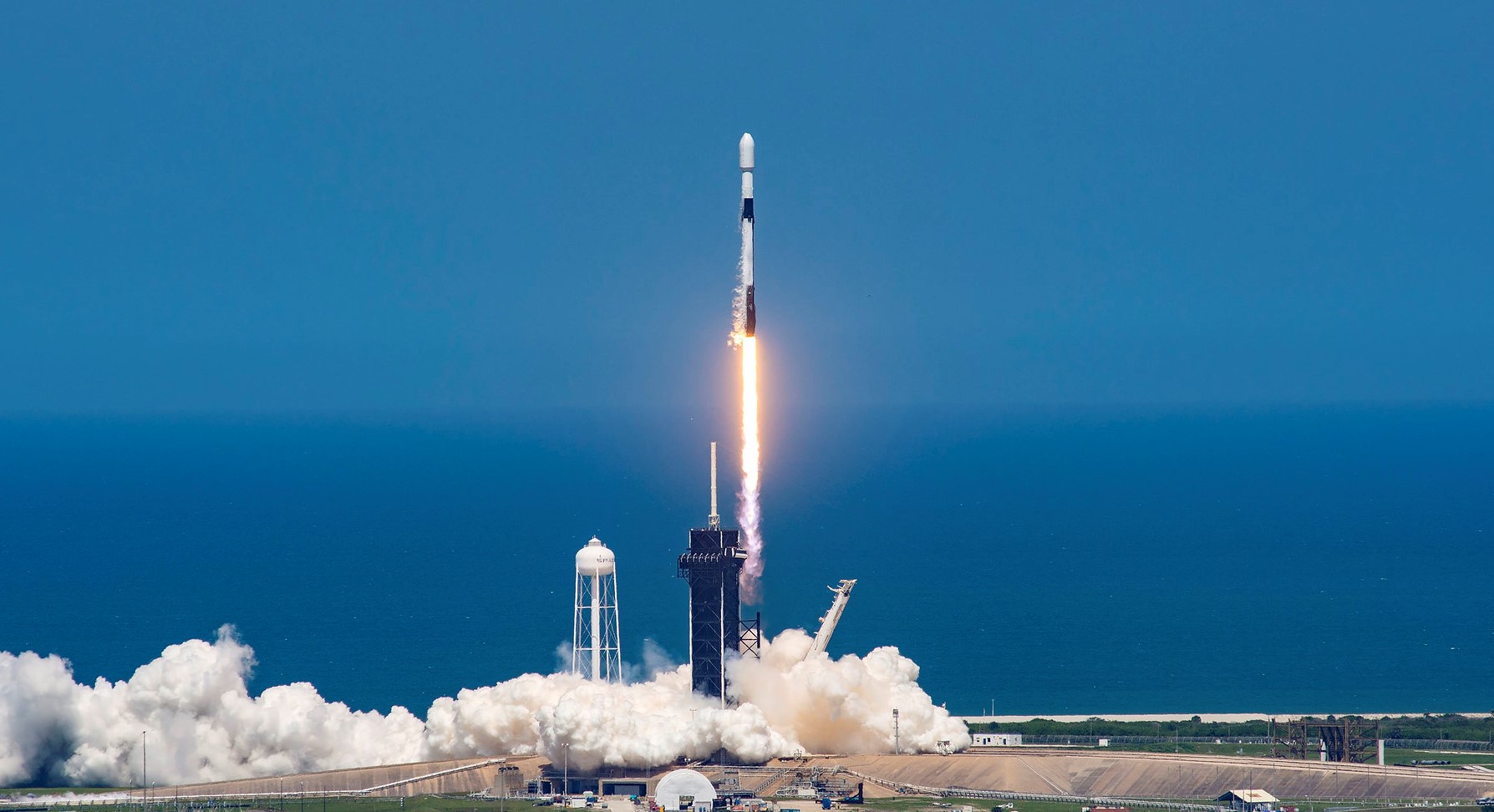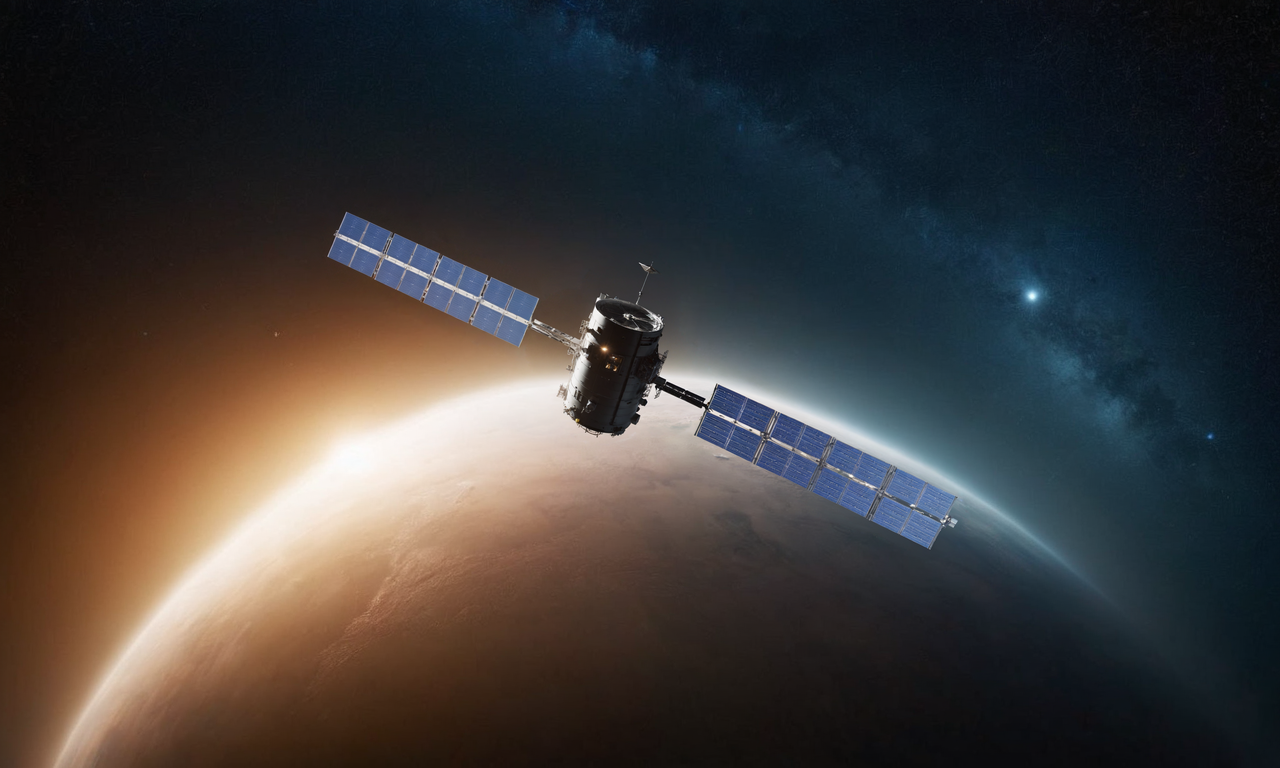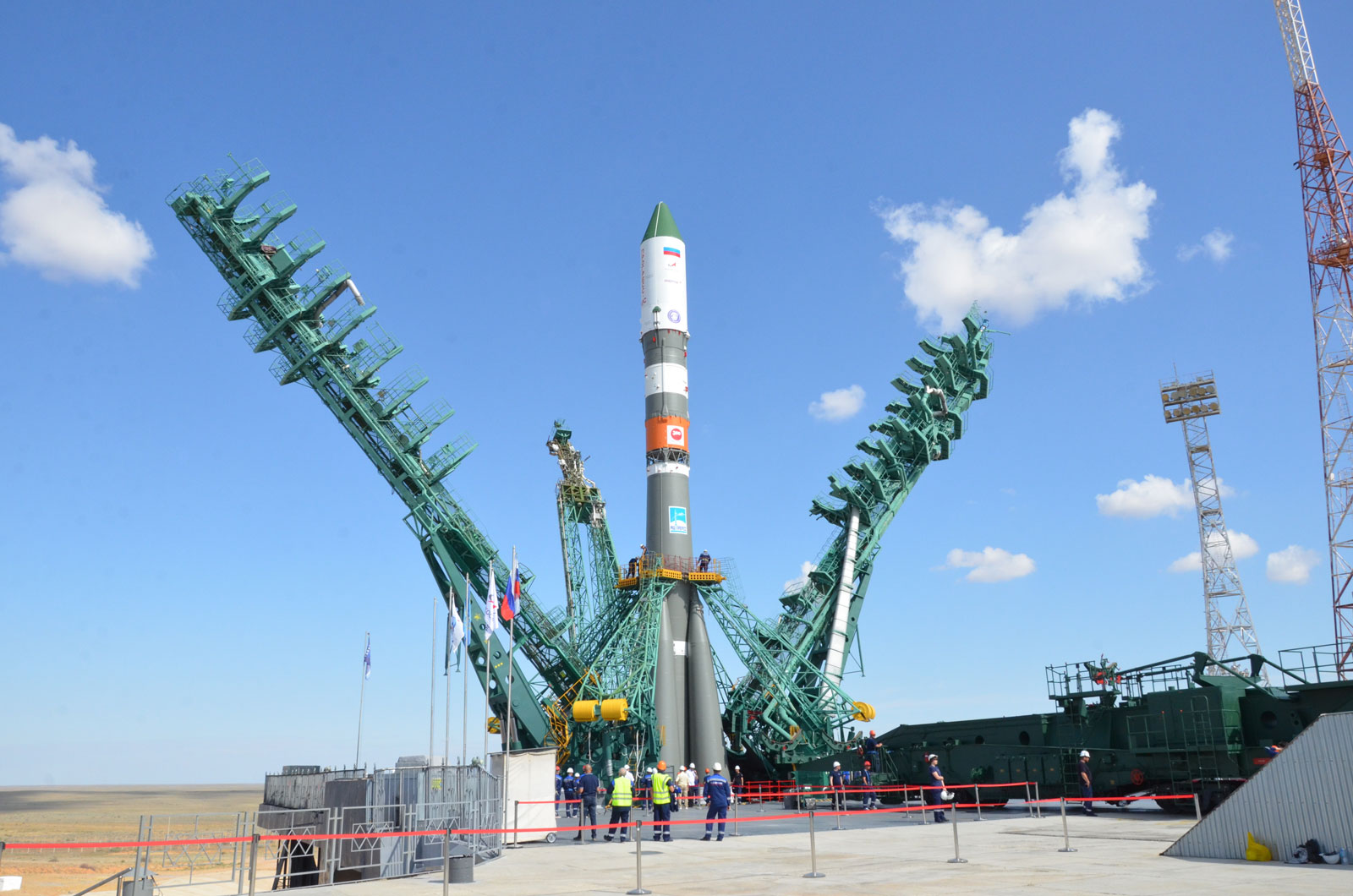· space brief · 4 min read
Space Brief 16 Nov 2024
Today's highlights include ABL Space shifting its focus to missile defense, Intuitive Machines advocating for Artemis infrastructure reforms, and more updates from space and defense sectors.

📄Top Stories
ABL Space transitions from commercial space launches to a focus on missile defense technologies, marking a significant shift in its business strategy. Intuitive Machines calls for a priority on infrastructure in NASA’s Artemis program, highlighting the need for reform due to budget constraints and delays. Meanwhile, a new Pentagon report states that UFOs remain unexplained but are not attributed to foreign adversaries.
📰Detailed Coverage
ABL Space Shifts Focus to Missile Defense
ABL Space Systems has announced its exit from the commercial launch market to concentrate on national defense, specifically missile defense technologies—a move reflecting changing priorities in space industry investments. The company stated that this decision aligns with current market demands and strategic national needs, providing innovative solutions for defense applications.
This shift could impact satellite tracking developments, particularly as military priorities influence new technological advancements. Understanding these dynamics can help users of our web app explore how satellite pathways and behaviors might adapt to the needs of missile defense systems.
Read the full story: SpaceNews
Intuitive Machines Advocates for Artemis Overhaul
Intuitive Machines has proposed a strategic shift in NASA’s Artemis lunar exploration campaign towards an “infrastructure-first” approach. This recommendation comes as the program faces budgetary and timeline pressures, potentially impacting planned lunar missions. The company emphasizes focusing on lunar surface infrastructure before other mission elements.
The Apollo-like initiative from NASA underscores the importance of robust infrastructure to sustain long-term lunar activities, which will be critical for future satellite operations around the moon.
Read the full story: SpaceNews
Pentagon’s UFO Report: No Foreign Adversaries Involved
A recent Pentagon report clarifies that unidentified flying objects are not attributable to foreign adversaries, although their mysterious nature persists. The report emerges from the All-Domain Anomaly Resolution Office’s ongoing efforts to investigate unidentified aerial phenomena (UAP) through a scientific lens.
While providing some assurances regarding national security, the report underscores the need for continuous vigilance and advanced satellite tracking capabilities to monitor unexplained aerial activities.
Read the full story: Space.com
The Pentagon’s Audit Challenges Continue
For the seventh consecutive year, the Pentagon has failed its audit—a situation that senior officials aim to resolve by 2028. The Department of Defense remains steadfast in its commitment to improving financial transparency and accountability despite recurring deficits in the audit.
This ongoing issue might influence defense spending, including satellite and missile investments, hinting at potential budget reallocation towards pressing needs within space defense initiatives.
Read the full story: Breaking Defense
Infrastructure Challenges for Submarine-Launched Missiles
The development of a sub-launched nuclear cruise missile calls for a new industrial base, a warning issued by a Navy admiral amidst funding and technological challenges. This aligns with a broader focus on modernizing ballistic missiles and developing hypersonics within the defense sector.
The need for new infrastructure is crucial for supporting satellite tracking and navigation systems that guide these advanced missile technologies in complex underwater and space environments.
Read the full story: Breaking Defense
🛰️Satellite Spotlight
- Satellite Name: ONEWEB-0678
- NORAD ID: 56714
- Launch Date: 2023
- Mission: Part of the OneWeb constellation aimed at providing global broadband services.
- Orbit: Inclination 87.9113°, Period 109.46 minutes, Eccentricity very near 0
- Operator: OneWeb
- Fun Fact: This satellite is a part of the rapidly expanding OneWeb satellite internet network that aims to bridge the digital divide globally.
Current TLE Data:
1 56714U 23068E 24317.16930598 .00000179 00000-0 44192-3 0 99990
2 56714 87.9113 15.0289 0002007 89.6332 270.5028 13.15551779 73467Track this satellite in real-time on our web app: Track ONEWEB-0678
🚀Upcoming Space Launches
November 17
- SpaceX Falcon 9:
- Optus-X from Kennedy Space Center (21:29 UTC) An unannounced geostationary communication satellite for the Australian telecommunications operator Optus. Details TBD.
November 18
-
SpaceX Falcon 9:
- Starlink Group 9-12 from Vandenberg SFB (05:47 UTC) A batch of satellites for the Starlink mega-constellation - SpaceX’s project for space-based Internet communication system.
-
SpaceX Falcon 9:
- GSAT-20 from Cape Canaveral SFS (18:31 UTC) An Indian geostationary Ka-band high-throughput communications satellite with the first fully Electric Propulsion/EP enabled system.
November 19
- SpaceX Starship:
- Integrated Flight Test 6 from SpaceX Starbase, TX (22:00 UTC) Sixth test flight of the two-stage Starship launch vehicle.
November 20
- Rocket Lab HASTE:
- Leidos-2 from Wallops Flight Facility (00:45 UTC) Second sub-orbital launch of Electron for the Hypersonic Accelerator Suborbital Test Electron (HASTE) program.
November 21
-
ROSCOSMOS Soyuz 2.1a:
- Progress MS-29 (90P) from Baikonur Cosmodrome (12:22 UTC) Progress resupply mission to the International Space Station.
-
SpaceX Falcon 9:
- Starlink Group 6-66 from Cape Canaveral SFS (15:53 UTC) Another batch of satellites for the Starlink mega-constellation - SpaceX’s project for space-based Internet communication system.
November 23
- Rocket Lab Electron:
- Ice AIS Baby (Kinéis 11-15) from Rocket Lab Launch Complex 1, Mahia Peninsula, New Zealand (03:49 UTC) Third batch of five satellites for the French Kinéis IoT constellation.
November 30
- ROSCOSMOS Soyuz 2.1a/Fregat-M:
- Kondor-FKA No.2 from Vostochny Cosmodrome (00:00 UTC) A civilian radar Earth observation satellite featuring a S-band synthetic aperture radar for detailed surveys.
Note: Launch dates and times are subject to change due to technical or weather considerations.

Maurice Stellarski





